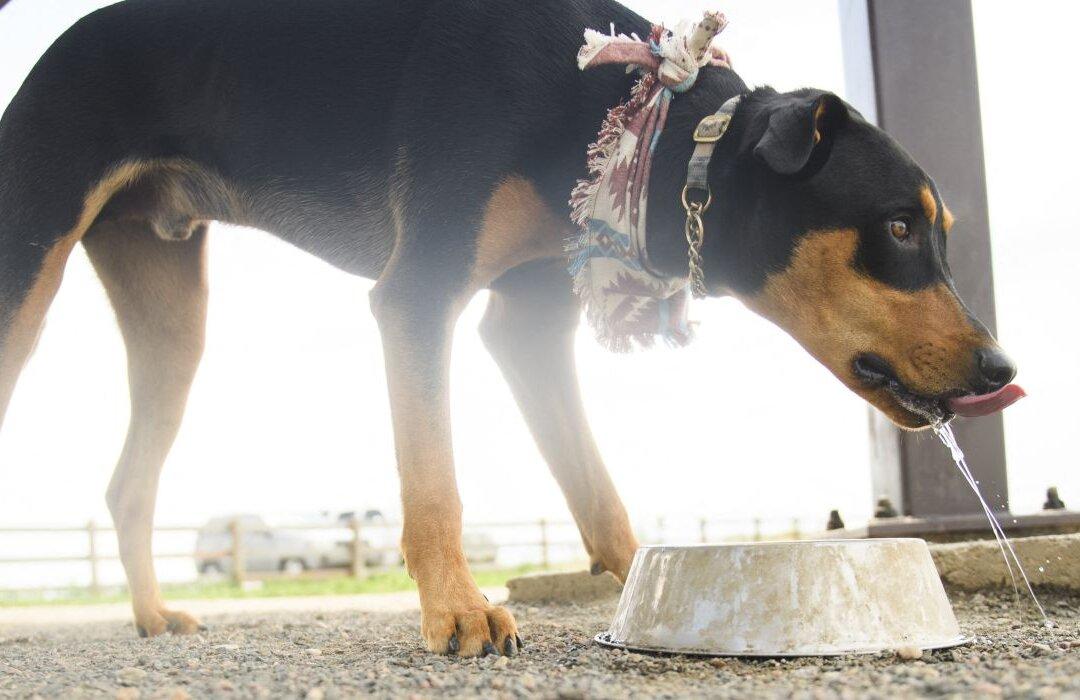High levels of potentially deadly and drug-resistant bacteria were found in uncooked meats for human consumption and raw dog food sold in stores, said researchers in the United Kingdom.
Researchers from the University of Bristol analyzed 58 samples of raw chicken, beef, pork, and lamb sold for human consumption at grocery stores in Bristol and 15 samples of chicken-based raw dog food from specialty pet stores. They found the presence of drug-resistant E. coli, and the samples were tested for resistance to a number of antibiotics such as amoxicillin, cefotaxime, ciprofloxacin, streptomycin, and spectinomycin, according to their pre-print study.





